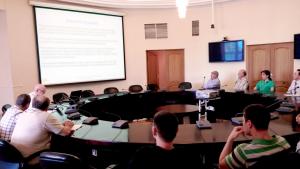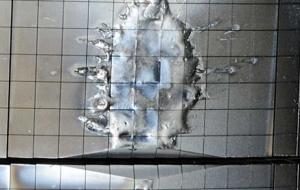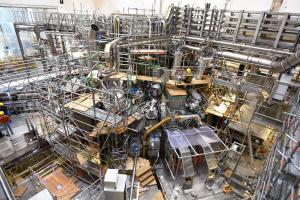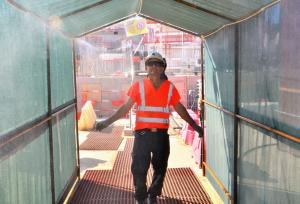What’s New
13 July 2015
ITER news digest for the period of 6 July 2015 to 13 July 2015.
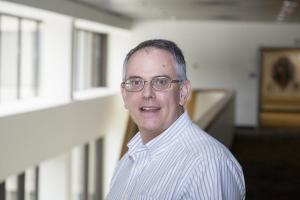
Chuck Kessel (PPPL) wins the 2015 Fusion Technology award
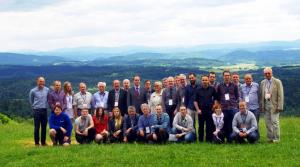
Summer school on plasma diagnostics in Poland
